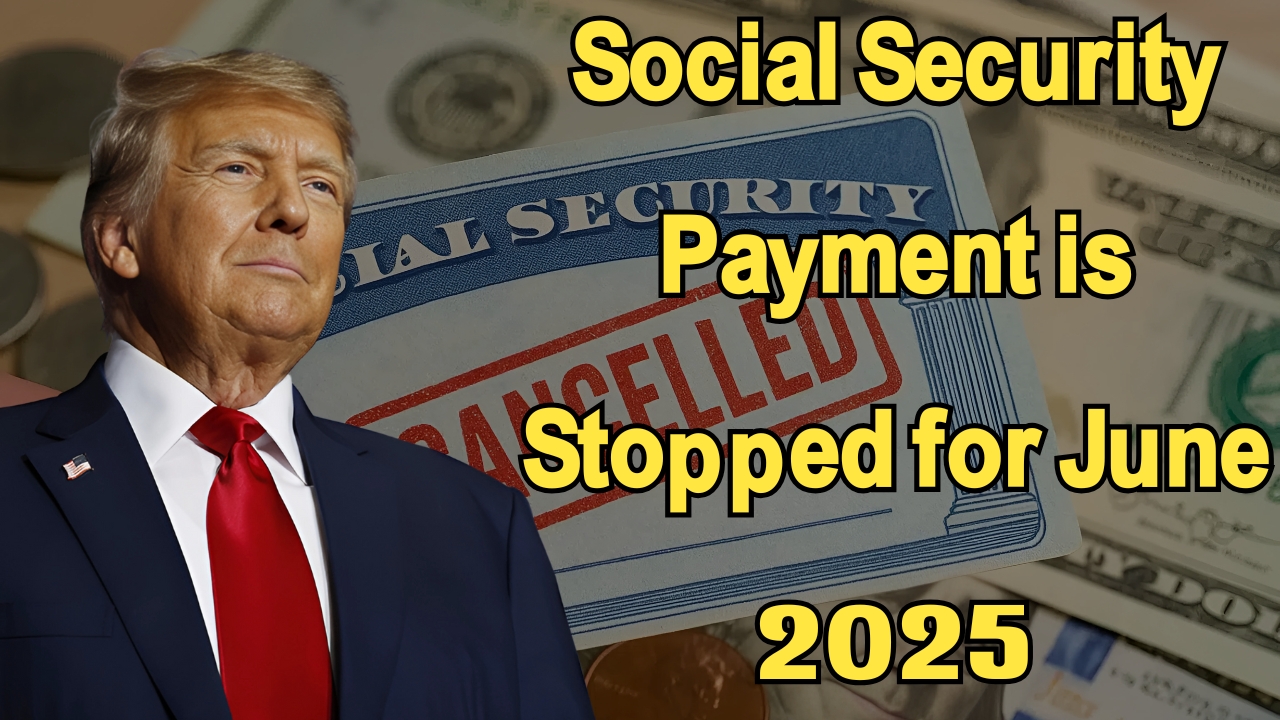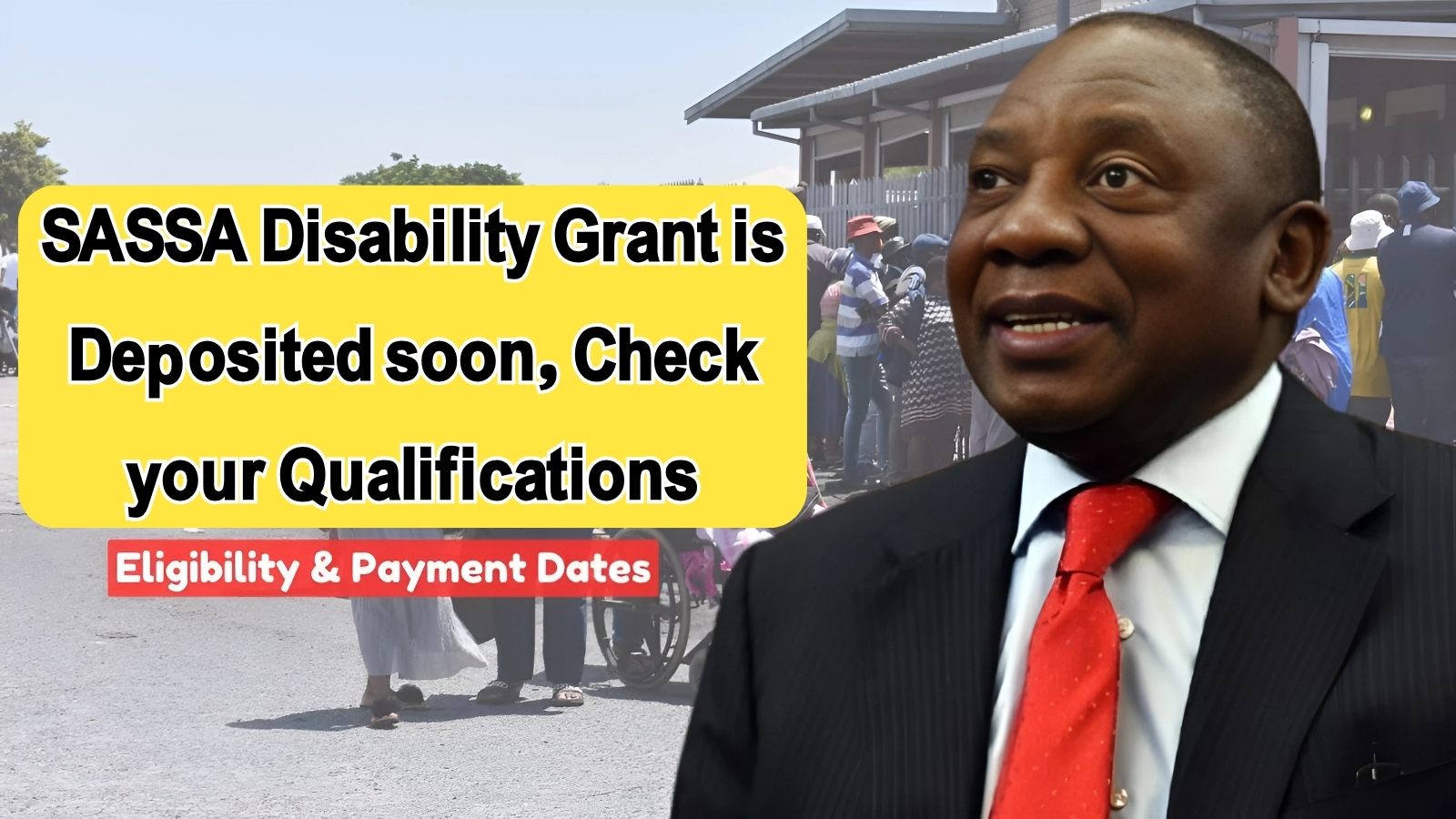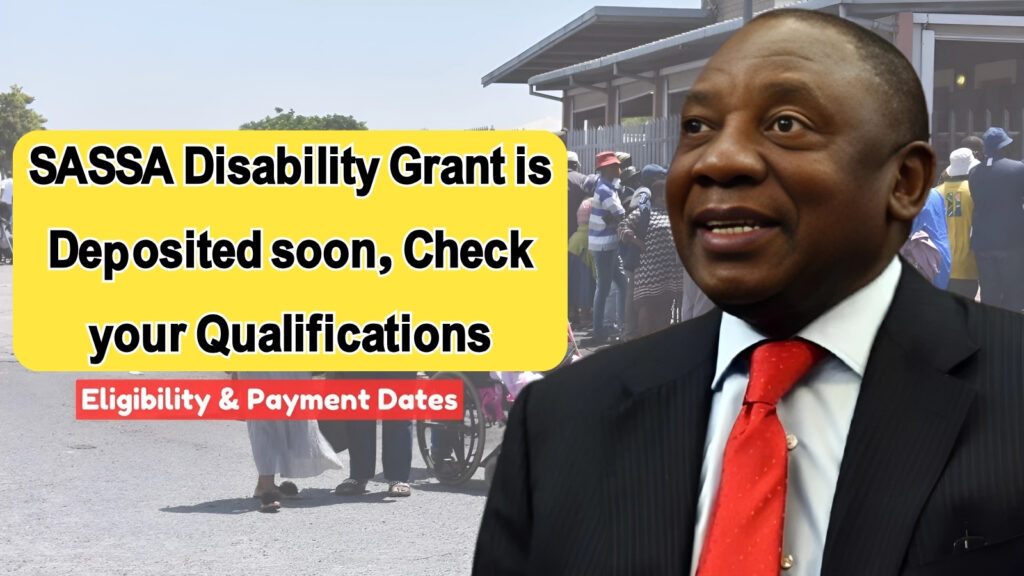Social Security payments provide essential income for millions of Americans, making it crucial to understand how the payment system works and what steps to take if payments are delayed or interrupted.
While Social Security payments follow predictable schedules, various factors can occasionally affect payment timing or availability, requiring beneficiaries to know their rights and options.
Normal Social Security Payment Schedule
Social Security payments follow a well-established monthly schedule based on recipients’ birth dates and benefit types.
Understanding this schedule helps beneficiaries know when to expect their payments and identify when payments may be delayed beyond normal timeframes.
Supplemental Security Income (SSI) payments typically arrive on the first day of each month, though payments may come earlier if the first falls on a weekend or federal holiday.
SSI recipients should expect their payments on the last business day before the first when the normal payment date is not a business day.
Social Security retirement, disability, and survivor benefits are distributed on different Wednesdays throughout the month based on the recipient’s birth date.
Those born between the 1st and 10th receive payments on the second Wednesday, those born between the 11th and 20th receive payments on the third Wednesday, and those born between the 21st and 31st receive payments on the fourth Wednesday.
Recipients who began receiving Social Security before May 1997 or who receive both Social Security and SSI are paid on the third day of each month, regardless of their birth date. This group follows a different payment schedule due to the historical timing of their benefit enrollment.
Factors That Can Affect Payment Timing
Federal holidays can impact Social Security payment schedules, with payments typically issued on the preceding business day when the normal payment date falls on a holiday or weekend.
The Social Security Administration announces any schedule changes in advance to help beneficiaries plan accordingly.
Banking processing times can affect when Social Security funds become available in recipients’ accounts, even after the Social Security Administration has issued payments.
Different banks may process electronic deposits at different times, causing some variation in when funds are accessible.
Address changes that haven’t been properly reported to the Social Security Administration can cause payment delays, particularly for recipients who still receive paper checks. Keeping address information current prevents mail delivery issues that could interrupt payment receipt.
Banking account changes, including account closures or number changes, can disrupt direct deposit payments and require updating payment information with the Social Security Administration. Recipients should report banking changes promptly to avoid payment interruptions.
What to Do If Payments Are Missing
The first step when a Social Security payment doesn’t arrive as expected is to wait three business days beyond the scheduled payment date before taking action.
Banking processing delays or temporary system issues may cause brief delays that resolve without intervention.
Contacting the Social Security Administration should be the next step if payments remain missing after the three-day waiting period.
Recipients can call the SSA at 1-800-772-1213 or visit local Social Security offices to report missing payments and request assistance.
Checking with your bank can help determine whether payment delays are related to banking processing issues rather than Social Security Administration problems. Banks can confirm whether they’ve received electronic payments and explain their processing timelines.
Reviewing the Social Security Administration’s online resources, including the “my Social Security” portal, can provide payment status information and help identify any account issues that might affect payment processing.
Common Reasons for Payment Interruptions
Administrative reviews of Social Security benefits can temporarily interrupt payments while the Social Security Administration verifies continued eligibility or investigates potential issues with benefit calculations or recipient circumstances.
Earnings from work can affect Social Security payments for recipients under full retirement age through the earnings test.
Excess earnings may trigger payment reductions or temporary benefit suspensions until the Social Security Administration processes updated income information.
Representative payee issues can cause payment delays when problems arise with the person designated to receive payments on behalf of a beneficiary who cannot manage their own finances. Changes in representative payee arrangements require administrative processing time.
Debt collection activities by other government agencies can result in Social Security payment garnishments or offsets that reduce payment amounts.
These actions typically involve advance notice, though recipients may not always receive or understand such notices.
Legal Protections for Social Security Recipients
Social Security benefits enjoy strong legal protections against most types of creditor actions, with federal law generally prohibiting garnishment of Social Security payments for private debts.
These protections help ensure that beneficiaries retain access to essential income for basic living expenses.
Bank account protections extend Social Security payment protections to funds held in bank accounts, though beneficiaries may need to demonstrate that frozen or garnished funds originated from Social Security payments to claim these protections.
Due process rights ensure that beneficiaries receive proper notice and opportunities to appeal when the Social Security Administration proposes to reduce, suspend, or terminate benefits. Understanding these rights helps protect against improper benefit actions.
Emergency payment procedures may be available for beneficiaries facing severe financial hardship due to delayed or interrupted payments. The Social Security Administration can sometimes expedite replacement payments in urgent situations.
Steps to Prevent Payment Problems
Maintaining current contact information with the Social Security Administration helps ensure that important notices reach beneficiaries and prevents address-related payment delays. Recipients should report address changes promptly using online services, phone calls, or office visits.
Keeping banking information updated prevents direct deposit failures that can cause payment delays. Recipients should notify the Social Security Administration of banking changes before account closures or number changes take effect.
Regular account monitoring through the “my Social Security” online portal helps beneficiaries stay informed about their benefit status and catch potential issues before they cause payment problems.
Understanding reporting requirements for changes in circumstances, such as work activity, marriage, or living arrangements, helps prevent overpayments that could lead to future benefit reductions or recovery actions.
Resources for Assistance
Local Social Security offices provide in-person assistance for beneficiaries experiencing payment problems or needing help with account issues. Office visits may require appointments, and wait times can vary based on local demand.
Congressional representatives and senators can assist constituents experiencing persistent problems with Social Security payments, particularly when normal administrative channels haven’t resolved issues. Congressional offices often have staff members specialized in Social Security matters.
Legal aid organizations may provide assistance for beneficiaries facing complex Social Security issues, particularly those involving benefit denials, overpayments, or other administrative actions that could affect payment receipt.
Elder law attorneys specialize in Social Security and Medicare issues affecting older adults, providing professional guidance for complex situations involving benefit coordination, representative payees, or estate planning considerations.
Financial Planning During Payment Interruptions
Emergency fund planning becomes crucial for Social Security beneficiaries who experience payment delays, as many recipients rely heavily on these payments for basic living expenses. Having some savings available can help bridge gaps during payment interruptions.
Budget adjustment strategies may be necessary during extended payment delays, including prioritizing essential expenses and seeking temporary assistance from family, friends, or community organizations.
Community resources such as food banks, utility assistance programs, and emergency financial aid may provide temporary support for beneficiaries experiencing payment-related financial hardship.
Alternative income sources, where available and permitted under Social Security rules, may help supplement reduced or interrupted payments while administrative issues are resolved.
Preventing Fraud and Scams
Social Security payment scams often target beneficiaries with false claims about payment problems, benefit increases, or required actions to maintain benefits. The Social Security Administration never requests personal information through unsolicited phone calls or emails.
Legitimate Social Security communications typically arrive through postal mail or secure messages in online accounts, not through phone calls requesting immediate action or personal information disclosure.
Verifying suspicious communications by contacting the Social Security Administration directly helps protect against fraud attempts that could compromise personal information or financial accounts.
Social Security Payment is Stopped for June 2025
While Social Security payments generally follow reliable schedules, understanding what to do when problems arise helps beneficiaries protect their financial security and resolve issues quickly.
Staying informed about payment procedures, maintaining current account information, and knowing available resources ensures that temporary payment problems don’t create lasting financial hardship.
Beneficiaries should remain vigilant about potential scams while taking appropriate action when legitimate payment issues occur, using official Social Security Administration channels to address concerns and protect their benefits.














